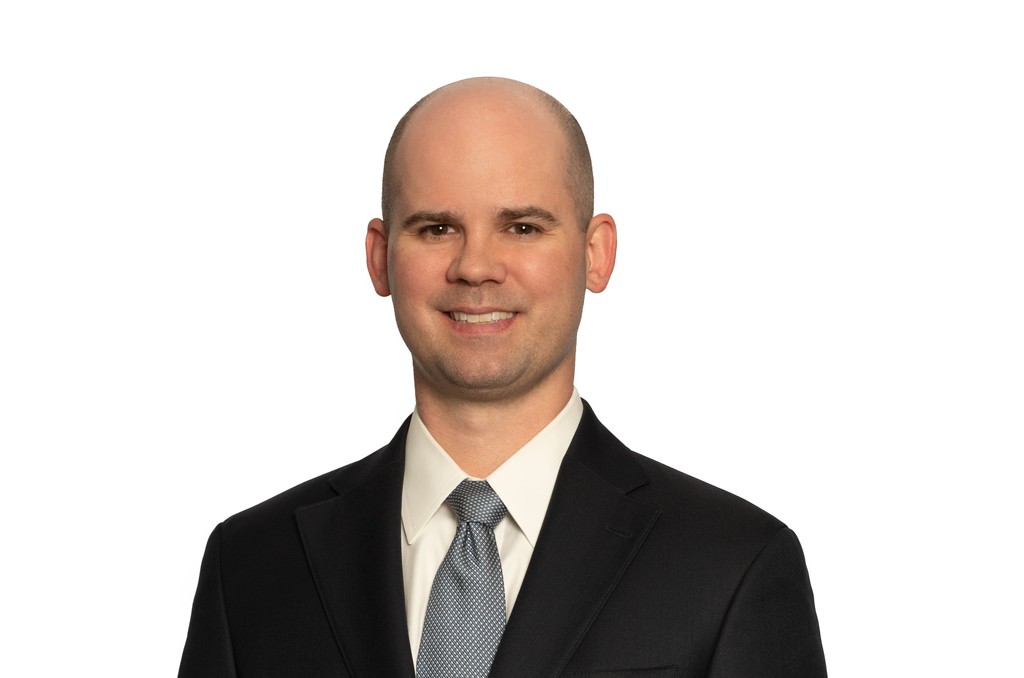Welcome to the Garfinkel Immigration attorney spotlight series, where we will conduct a bimonthly Q&A with one of the Firm’s lawyers. In this edition, we spoke with Of Counsel Nick Harling.
Nick Harling, a graduate of the Charleston School of Law in Charleston, South Carolina, previously worked in the United States Department of Justice’s Office of Immigration Litigation and recently graduated from the Mecklenburg County Bar Leadership Institute (BLI).
How long have you practiced immigration law?
I have practiced immigration law for 13 years.
What drew you to the immigration law field?
It’s complexity, and the range of issues involved.
What have you found most rewarding about working in immigration law?
I enjoy traveling and learning about other cultures, so I enjoy working with clients from different countries around the world.
What do you consider your most significant professional accomplishment?
I find it especially rewarding when I am able to assist clients through litigation.
What do you see as the most substantial challenges ahead in the complicated and ever-evolving environment around immigration law issues?
For decades now, the US immigration system has needed a thoughtful and comprehensive overhaul. The present system is a patchwork of various statutory add-ons that date back to 1952, when Congress passed the first extensive immigration law framework. The extent to which the United States and the world are interconnected has greatly increased in the last two decades alone, but US laws and the administrative processes that facilitate the movement of people for economic, humanitarian and cultural purposes have not similarly evolved to meet the needs of today’s global society.
What is your favorite thing to do when you’re not working?
I enjoy spending time with my family and dog.
What is your favorite movie or TV show? Why?
I don’t have a lot of time to watch TV, but I enjoy historical dramas and Washington Nationals baseball games.
What is one thing most people don’t know about you?
Between college and law school, I lived in Japan for four years where I taught English as a second language in the Japanese public-school system.

